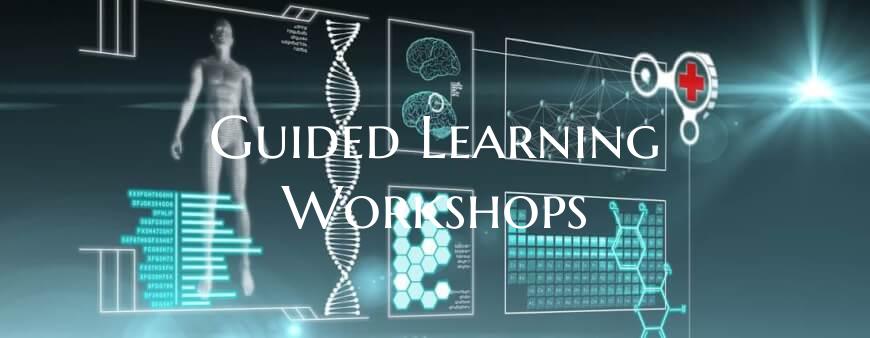Guided Learning Workshops
Introduction: Guided learning workshops offer an immersive and structured approach to acquiring new knowledge and skills. Through interactive engagement and personalized guidance, participants have the opportunity to unlock their potential in a supportive and collaborative environment. These workshops are designed to foster active learning, spark creativity, and facilitate meaningful connections among participants. In this article, we will explore the benefits and components of guided learning workshops and how they can empower individuals to strive for continuous growth and development.
Benefits of Guided Learning Workshops: 1. Personalized Guidance: One of the key benefits of guided learning workshops is the opportunity for personalized guidance. Participants receive individualized support and feedback from instructors or facilitators, allowing them to address their specific learning needs and goals.
2. Interactive Engagement: Guided learning workshops promote active participation through interactive activities, group discussions, and hands-on exercises. This dynamic approach to learning not only enhances retention but also encourages collaboration and idea exchange among participants.
3. Skill Development: By focusing on specific topics or areas of interest, guided learning workshops help participants deepen their knowledge and develop new skills. Whether it's mastering a new technology, honing a creative talent, or improving communication skills, these workshops provide a structured environment for skill development.
4. Supportive Environment: Guided learning workshops create a supportive and nurturing environment where participants feel encouraged to take risks, explore new ideas, and challenge themselves. This sense of community fosters a positive learning experience and enhances motivation and engagement.
Components of Guided Learning Workshops: 1. Curriculum Design: Guided learning workshops are structured around a well-designed curriculum that outlines the learning objectives, activities, and timeline for the workshop. The curriculum is tailored to meet the needs and goals of the participants, ensuring a focused and effective learning experience.
2. Expert Facilitation: Experienced instructors or facilitators lead guided learning workshops, providing guidance, expertise, and support throughout the learning process. These facilitators create a stimulating learning environment and facilitate meaningful interactions among participants.
3. Interactive Activities: Guided learning workshops incorporate a variety of interactive activities such as group discussions, simulations, case studies, role-playing, and hands-on projects. These activities engage participants actively in the learning process and promote collaboration and critical thinking.
4. Reflection and Feedback: Participants in guided learning workshops are encouraged to reflect on their learning experiences and receive constructive feedback from instructors and peers. This reflective practice enhances self-awareness, encourages continuous improvement, and supports ongoing growth and development.
Conclusion: Guided learning workshops offer a transformative learning experience that empowers individuals to expand their knowledge, develop new skills, and achieve their full potential. By combining personalized guidance, interactive engagement, and a supportive environment, these workshops create a conducive space for growth and learning. Whether you are seeking to enhance your professional skills, explore a new passion, or expand your horizons, guided learning workshops can help you embark on a journey of self-discovery and continuous improvement.

